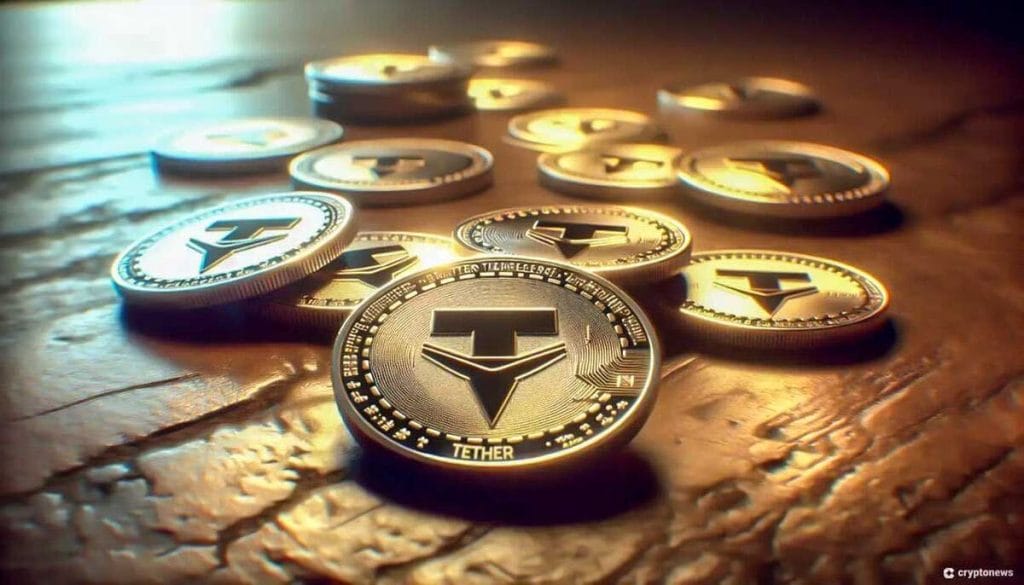Last updated:
 Why Trust Cryptonews
Why Trust Cryptonews

Crypto exchange Bitget is implementing stricter standards for token listings to safeguard users from exit scam projects, it said Thursday.
Every blockchain project aiming to list its token on Bitget will undergo a thorough legal and technical review.
“Projects looking to list a token on Bitget must undergo a rigorous legal and technical review to assess its code quality, security measures, and regulatory compliance, in accordance with Bitget’s listing criteria,” said Hon Ng, Bitget’s chief legal officer. “This is an important step to protect our users from projects with high risks.”
Bitget is strengthening its token evaluation process with updated protocols and stricter criteria. The exchange will focus on tokenomics, analyzing token supply, distribution, utility and the development team’s experience.
Stricter FDV and Token Unlock Guidelines
For new projects, the evaluation starts with analyzing the fully diluted valuation (FDV). The FDV should align with the amount raised, typically not exceeding 20 times the financing. For example, if a project raises $5m, its FDV should be under $100m to prevent misleading valuations.
Bitget will also examine previous funding rounds to identify potential risks. Projects backed by well-known institutions are more likely to meet Bitget’s standards. Those with less reputable backers will face extra scrutiny. Additionally, the token unlock schedule is reviewed; a short unlock period may indicate a lack of long-term commitment and could lead to early sell pressure.
Token Circulation, Distribution and Smart Contract Audits
For tokens already in circulation, Bitget analyzes on-chain data to assess economic health and trading activity. A significant gap between trading volume and FDV—like an FDV over $10m with low trading volume—signals potential overvaluation and may suggest price manipulation.
Bitget will also assess smart contract security and token distribution for tokens listed elsewhere. High-risk indicators like suspended trading or issuers who can alter balances raise red flags. Projects with concentrated token distribution are considered risky. Bitget uses blockchain explorers to uncover true distribution patterns, exposing schemes that falsely present a dispersed supply.
The exchange evaluates projects’ social media activity, community engagement and online reputation. Team members are checked for any past involvement in fraud or illegal activities. Bitget’s comprehensive review aims to exclude high-risk assets and detect unethical schemes.
Moreover, Bitget requires projects to present a detailed business plan and roadmap.
This reduces the risk of listing short-lived projects and scams. These measures enhance transparency and protect users’ interests while preventing potential risks associated with unreliable tokens.
Promising blockchain projects may list on Bitget without additional fees if their token is in demand globally. In other cases, token placement may be done commercially, such as through a paid agreement or partnership, but it still must meet all the required criteria checks.




